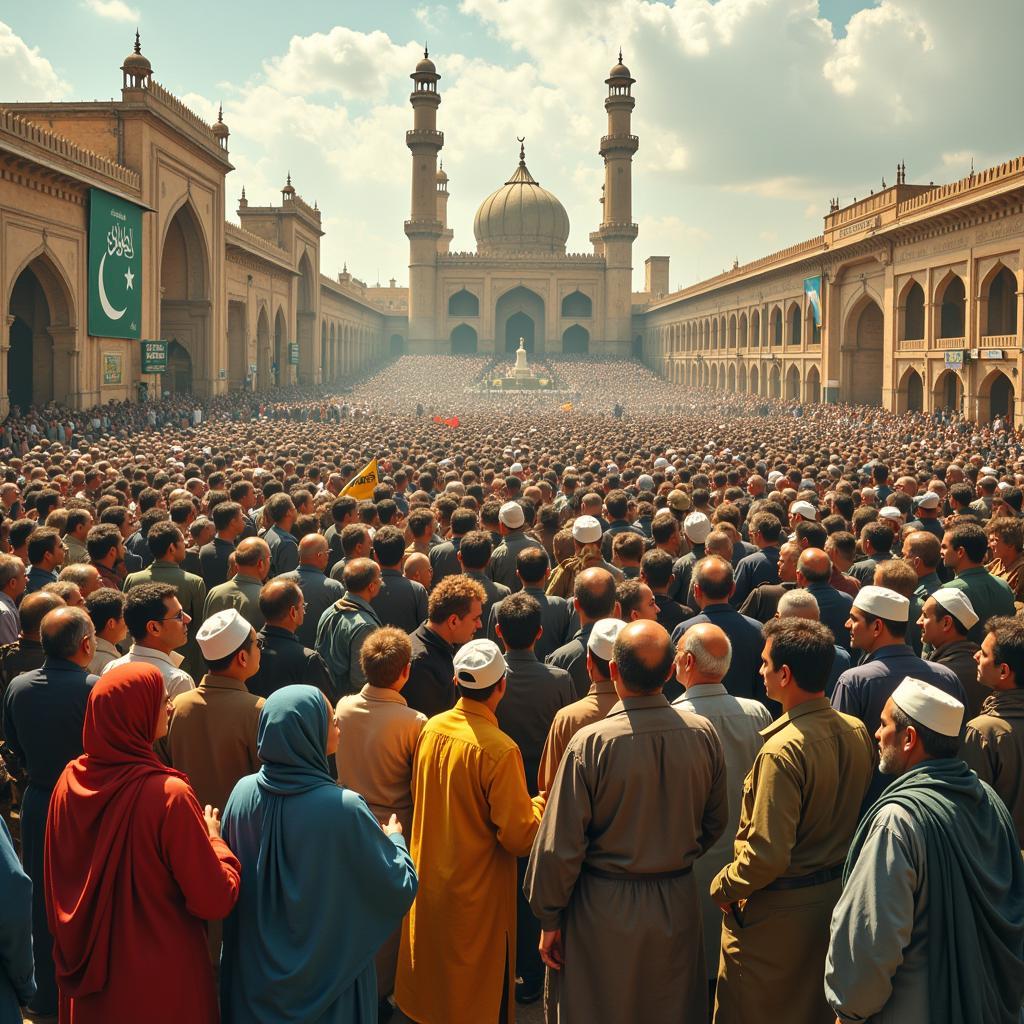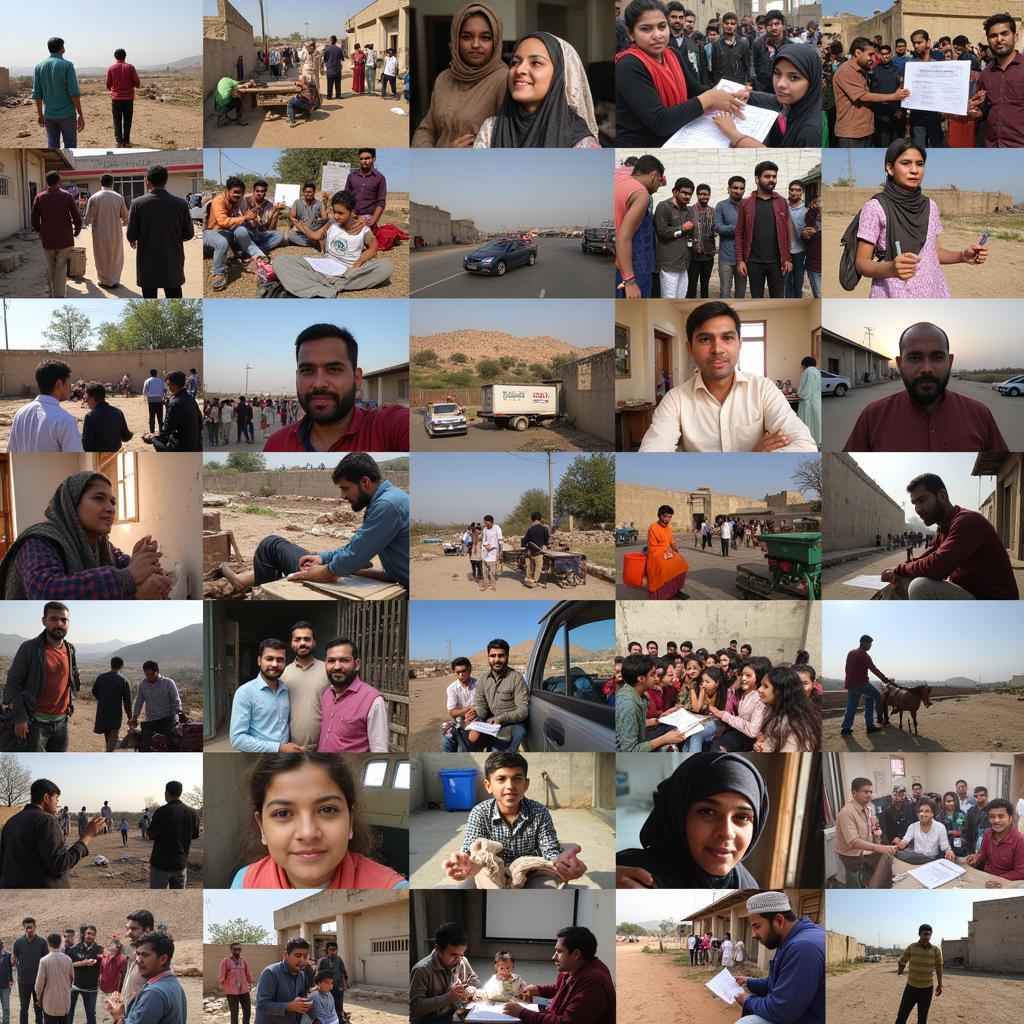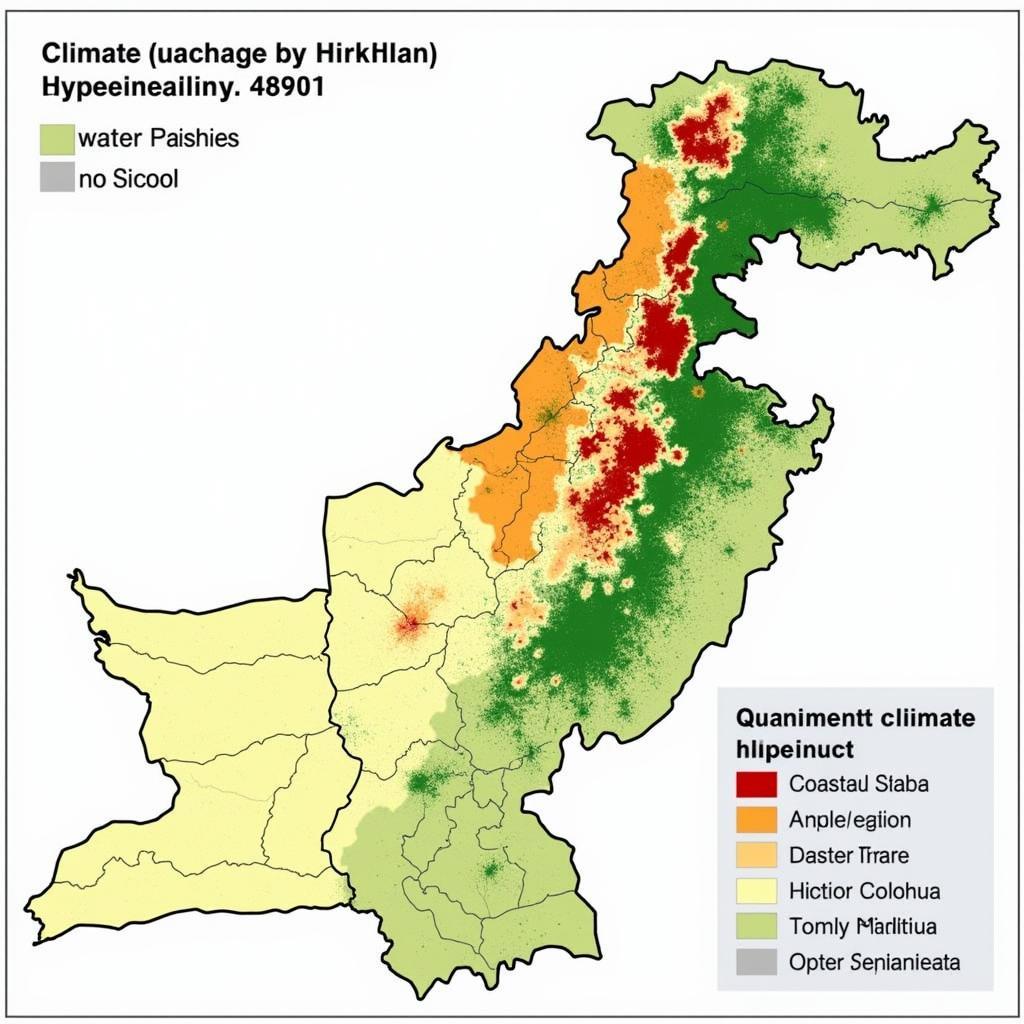Pakistan, a vibrant nation with a rich history, faces a complex web of contemporary issues that shape its present and future. These challenges range from economic instability and political polarization to social inequalities and environmental vulnerabilities. Understanding these issues is crucial for anyone seeking to grasp the dynamics of this strategically important country.
Pakistan’s economic woes are a major concern. High inflation, coupled with a depreciating currency, has eroded purchasing power, impacting millions of households. The country’s reliance on foreign loans and its struggle to attract foreign direct investment further complicate the economic landscape. Addressing these economic challenges requires sustainable growth strategies, fiscal discipline, and structural reforms. After this paragraph, let’s delve into the political landscape. For further information on Pakistan Studies, check out these Pakistan Studies notes for class 10th in english pdf.
Political Landscape and Governance
Political instability has been a recurring theme in Pakistan’s history. Frequent changes in government and power struggles between civilian and military institutions have hampered the country’s ability to address pressing issues effectively. The polarization of the political landscape, with deep divisions along ideological and ethnic lines, further exacerbates the challenges of governance. Strengthening democratic institutions, promoting dialogue, and fostering a culture of tolerance are crucial steps towards building a more stable and inclusive political system.
The Role of Civil Society
Civil society organizations play a vital role in advocating for human rights, promoting social justice, and holding the government accountable. However, these organizations often face restrictions on their activities and operate in a challenging environment. Empowering civil society and ensuring freedom of expression are essential for a healthy democracy and for addressing contemporary issues of Pakistan effectively.
 Pakistan's Complex Political Landscape
Pakistan's Complex Political Landscape
Social Inequalities and Human Development
Pakistan faces significant social inequalities, including disparities in access to education, healthcare, and economic opportunities. Gender inequality remains a pervasive issue, with women facing discrimination in various spheres of life. Addressing these social inequalities requires targeted interventions, such as promoting girls’ education, empowering women economically, and strengthening social safety nets. You can find more on Pakistan Studies syllabus.
Education and Healthcare Challenges
The quality of education and healthcare in Pakistan lags behind many other countries in the region. Limited access to quality education and healthcare, particularly in rural areas, hinders human development and perpetuates the cycle of poverty. Investing in education and healthcare infrastructure, training qualified professionals, and improving access to essential services are crucial for improving human development indicators.
 Social Challenges in Pakistan
Social Challenges in Pakistan
Environmental Vulnerabilities and Climate Change
Pakistan is highly vulnerable to the impacts of climate change, including extreme weather events, water scarcity, and rising sea levels. These environmental challenges pose a significant threat to the country’s economy, food security, and human well-being. Adopting sustainable practices, investing in renewable energy sources, and building resilience to climate change are crucial for mitigating these risks. More on this can be found on Alhuda books Pakistan.
Water Scarcity and Food Security
Water scarcity is a major challenge in Pakistan, with implications for agriculture, industry, and domestic use. The increasing demand for water, coupled with the impacts of climate change, is exacerbating the water crisis. Improving water management practices, investing in water infrastructure, and promoting water conservation are essential for ensuring water security and food security.
 Pakistan's Environmental Challenges
Pakistan's Environmental Challenges
Conclusion
The contemporary issues of Pakistan are multifaceted and interconnected, requiring comprehensive and sustained efforts to address them effectively. From economic instability to political polarization, social inequalities, and environmental vulnerabilities, these challenges demand a concerted effort from the government, civil society, and the international community. By working together, Pakistan can overcome these challenges and build a more prosperous and sustainable future. Learn more about the Pakistan Affairs CSS Syllabus.
FAQs
-
What are the main economic challenges facing Pakistan?
High inflation, a depreciating currency, and reliance on foreign loans are key economic challenges. -
How does political instability impact Pakistan?
It hinders the country’s ability to address pressing issues and implement long-term development plans. -
What are some key social issues in Pakistan?
Gender inequality, poverty, and limited access to education and healthcare are prominent social issues. -
How is climate change affecting Pakistan?
It is leading to extreme weather events, water scarcity, and rising sea levels, threatening the country’s economy and food security. -
What is the role of civil society in addressing these issues?
Civil society organizations advocate for human rights, promote social justice, and hold the government accountable. -
What are some steps being taken to address water scarcity in Pakistan?
Efforts include improving water management practices, investing in water infrastructure, and promoting water conservation. -
What are the long-term implications of these contemporary issues?
These challenges can hinder sustainable development and affect the overall well-being of the Pakistani population if not addressed effectively.
Situations involving frequently asked questions:
- A student researching Pakistan’s current challenges for a school project might ask about the main economic and political issues.
- A journalist preparing a report on social inequalities in Pakistan might inquire about the specific challenges faced by women and marginalized communities.
- An NGO working on climate change adaptation in Pakistan might seek information on the impacts of climate change and strategies for building resilience.
Suggested further reading:
- Explore other articles on our website related to Pakistan’s economy, politics, social issues, and environment.
- Research reports and publications by international organizations such as the World Bank, IMF, and UNDP.
Call to action:
For assistance, please contact us at Phone Number: +923337849799, Email: [email protected], or visit our office at Dera Ghazi Khan Rd, Rakhni, Barkhan, Balochistan, Pakistan. Our customer service team is available 24/7.